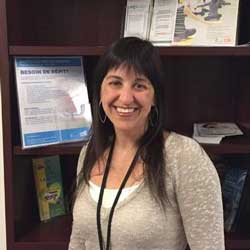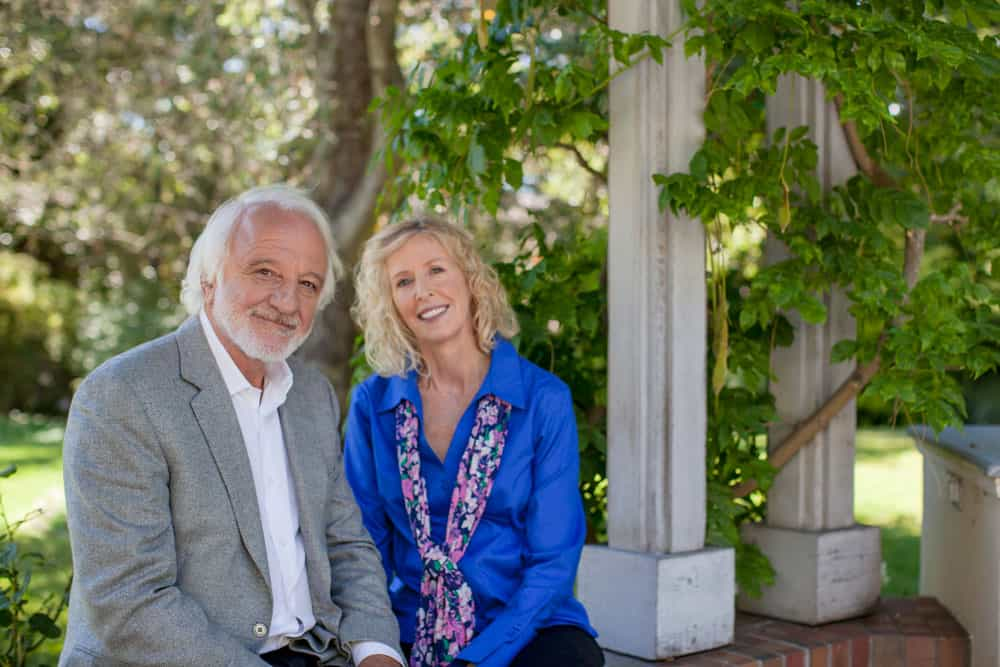The Art of Aging Well
We provide customized hourly and around-the-clock care to older adults so they can live happier, healthier lives at home.
Download by: Jessica Smith, Family Care Coordinator at Y des Femmes
by: Jessica Smith, Family Care Coordinator at Y des Femmes
A family caregiver is any family member, partner or friend who, regularly and without pay, provides support or care to an elderly person who has a significant or persistent health problem or loss of autonomy. Often this role is taken on naturally and most family caregivers do not consider themselves as such. They consider that the regular care they provide to the elderly person is part of their role as partner, daughter, son, sister, brother, etc. NEVERTHELESS, when there is a significant loss of autonomy, this role represents a considerable set of responsibilities that demand adjustments on personal, familial, social and work levels. In addition, it is rarely a role that is taken on over the short term: 89% of family caregivers provide care for over one year, and 50% do so for over 4 years.
Most family caregivers experience an accumulation of stress related to their role. They may have to be responsible for daily tasks such as helping the person with medical needs, toiletting, getting dressed, eating and taking medications; as well as tasks such as doing laundry, grocery shopping, cleaning the house, preparing meals, handling finances and legal matters, coordinating health care at home, organizing appointments and transportation, etc… In addition to these responsibilities, the family caregiver is always concerned for the person’s overall well-being and safety, and provides emotional support regularly. This constant psychological and physical involvement can be exhausting and can eventually lead to anxiety, depression or burnout.

In order to ensure they can continue to carry out this role in the long term, it is essential that caregivers take care of themselves as well. It is important for family caregivers to recognize that their role demands a lot, that their own needs are as important as those of the person they care for, and that they may need to set limits or ask for help. It is very difficult to accomplish this role alone. Unfortunately, feelings of guilt, of failure, of not doing enough, of powerlessness, etc. often prevent caregivers from being able to ask for help.
Don’t wait until the caregiver burns out! The ability of the family caregiver to provide quality care depends directly on his or her capacity to stay well enough mentally, physically and emotionally. No one is invincible. It is important to recognize that no one can do everything or control everything in life. Accepting that family caregiving doesn`t have to be perfect to be good or adequate, is an important perspective that can help a caregiver considerably.
Do you know a family caregiver who is at risk of being exhausted, stressed, isolated, anxious, depressed….? Help him recognize his situation. Help her take care of herself and ask for help.
A message from the YWCA Family Caregiver Support Program, 514-866- 9941, ext. 229.
Note: This information is for informative purposes only. Always check with a medical professional.